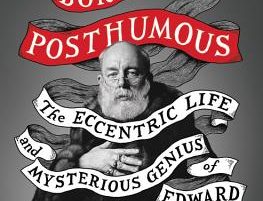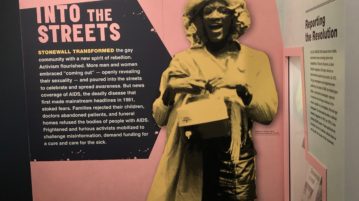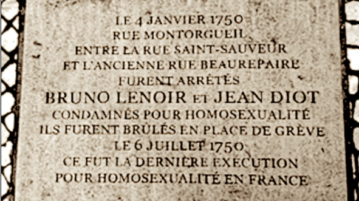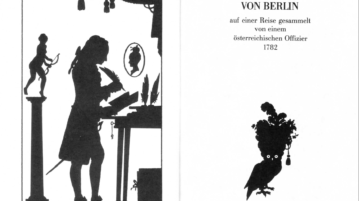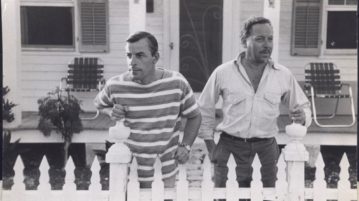
Tennessee and Mishima in Conversation
TENNESSEE WILLIAMS and Yukio Mishima talked about their work and work routines in 1959. The conversation was lightly moderated by Williams’ life partner Frank Merlo, whom Mishima refers to as Williams’ “secretary.” Also present was Williams’ friend Donald Richie, who chimes in near the end.
More

